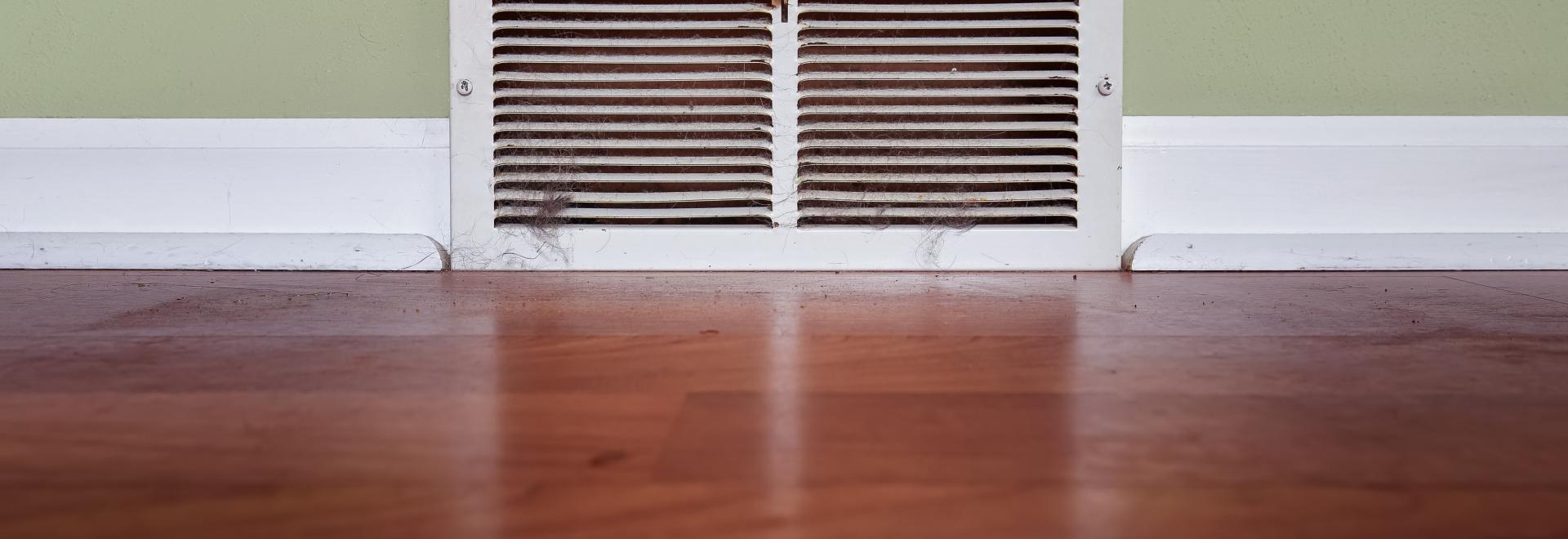
The pollution and air quality of the air outside your home is regulated by the government so it stays below unhealthy and unsafe levels.
But what about the air in your home? Do you know what you are breathing in everyday as you spend 90% of your day inside?
Homes today are built to be more energy efficient than ever before. Older homes are regularly updated to achieve this same goal. However, the movement to more efficient homes has led to another problem – poor indoor air quality.
IAQ Has Been Linked to Your Health
Here’s the issue: in order to improve energy efficiency, homes are sealed to prevent air leakage, which restricts natural airflow in and out of your home. This means pollutants in your home cannot get out and can lead to even greater concentrations of indoor air particles.
This is not an isolated problem. In a comprehensive study by the Environmental Protection Agency (EPA), it was found that the average home’s indoor air quality is 2-5 times worse than outdoor air. In addition, some homes were found to have pollution levels 100 times worse than the worst outside air.
You, no doubt, recognize the importance of drinking water that is clean and safe because you know what you put in your body affects your health. But what about the 15,000 quarts of air you breathe in each day? Is that air clean and safe?
According to both the American Lung Association and the American Heart Association, poor indoor air quality increases your chance of:
- Heart attacks
- Strokes
- Respiratory problems
- Cardiovascular disease
In fact, 50% of all illnesses are either caused or aggravated by polluted indoor air according to the American College of Allergists and EPA.
These health problems are one of the main reasons pollution levels of major cities are heavily regulated and researched. But who is paying attention to your home’s indoor air quality?
Indoor Air Quality Solutions
Indoor air quality is an increasing problem in America, including issues stemming from high or low home humidity levels. But there are top-tier indoor air quality services available to protect you and your family with tested solutions.
The EPA encourages homeowners to ventilate their homes when possible. This, along with regularly vacuuming, will help reduce the pollutants in your home. However, these methods are often not enough.
That’s where indoor air quality products like a whole-home dehumidifier and/or humidifier, air cleaners and air purifiers can help clean the air you breathe. Duct cleaning, duct sealing, and sealing house air leakage can reduce the introduction of pollutants and make indoor air healthier and safer. And while your air conditioner doesn't clean the air itself, using high-efficiency air filters and changing them regularly can help.